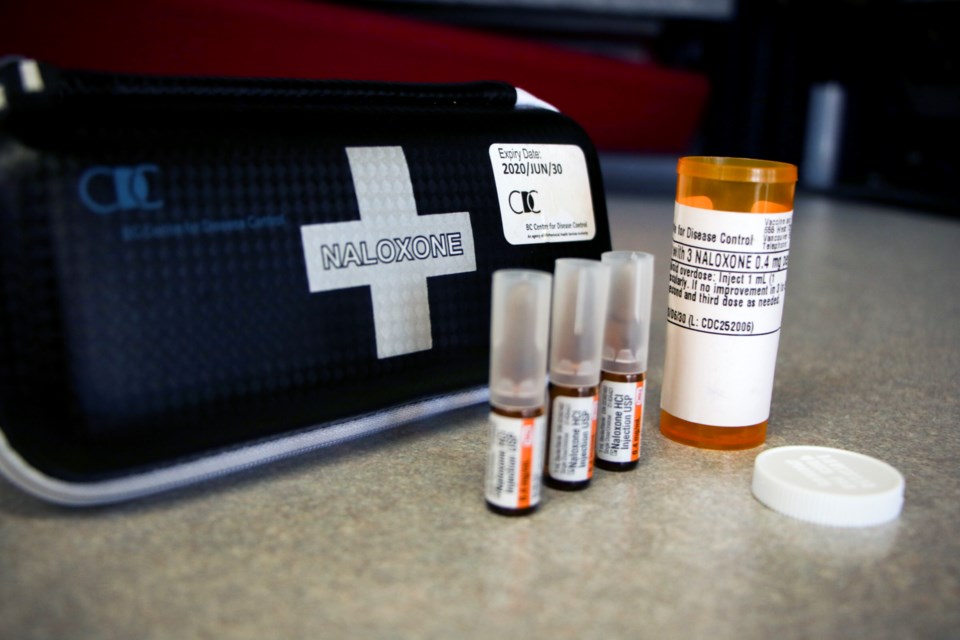Prince George was home to a surge in drug deaths, the latest numbers from the B.C. Coroners Service are showing.
As of the end of April, 27 drug-related fatalities had been recorded in the city so far this year, nine more than the total reported by the end of March.
Northern Health was home to the highest rate of deaths per 100,000 at 58 fatalities. Year-to-date, 59 people in the region had died from overdoses, up from 40 as of the end of March.
For B.C. as a whole, 161 lives were lost to "toxic illicit drugs" in April, pushing the year-to-date total to 722.
Illicit drugs continue to claim the lives of British Columbians in larger numbers than homicides, motor-vehicle incidents, drownings, deaths by suicide and fire-related deaths combined, according to the BCCS.
Coroners' investigations continue to document the volatility and inconsistency of the illicit drug supply in our province," chief coroner Lisa Lapointe said. "The reality is that every time someone uses drugs purchased from the unregulated market, their life is at risk.
"Until a safer, regulated supply is widely accessible, I encourage those using drugs to use only in the presence of someone who can provide help and call for medical assistance if that's required.
"Anyone using illicit substances, whether they are regular or occasional drug users and whether they know their dealer or not, is currently at risk from the unpredictable, unregulated supply."
Under a three-year trial to start in January, users 18 and older will be allowed to carry up to 2.5 grams in combination of opioids, cocaine, crack cocaine, methamphetamine and MDMA (ecstasy) for personal use.
Lapointe has said that while decriminalization alone won’t save lives, it could when paired with a regulated safe supply of drugs for people dependent on their use.

